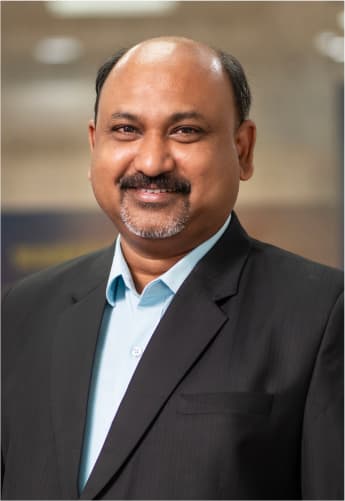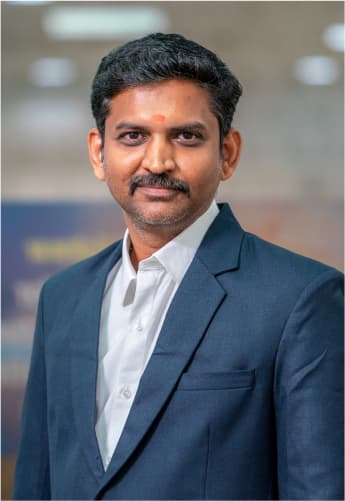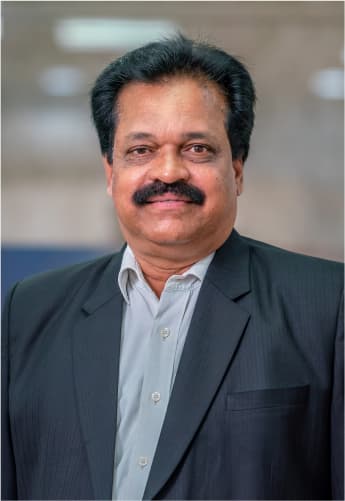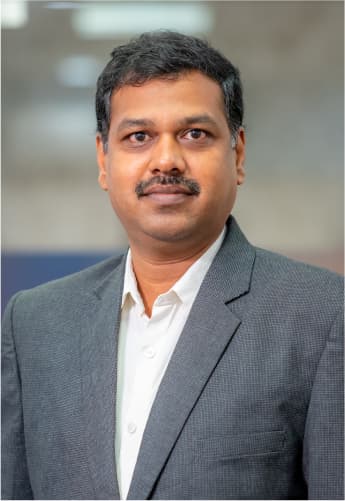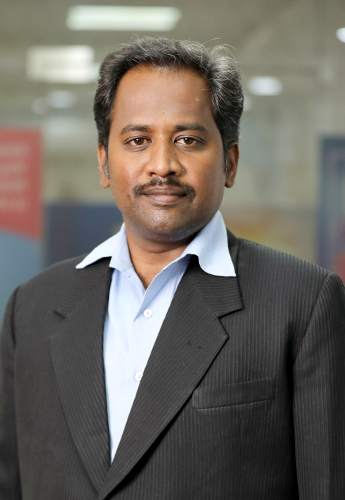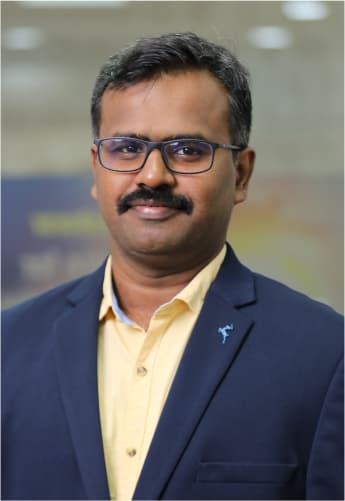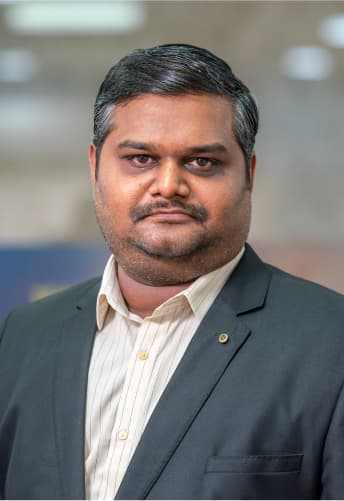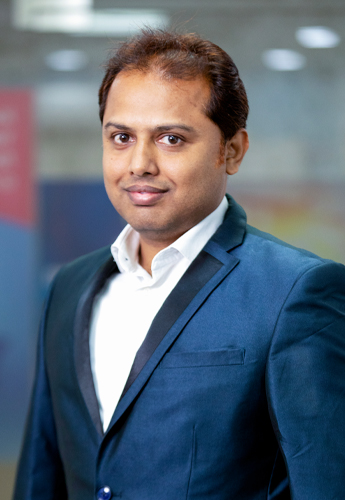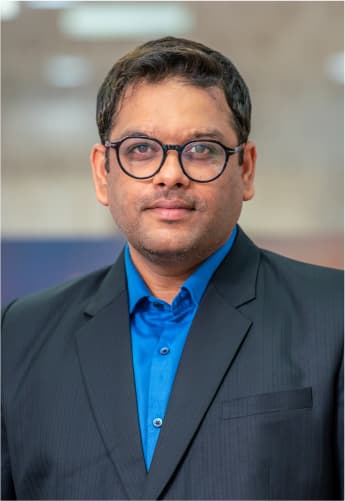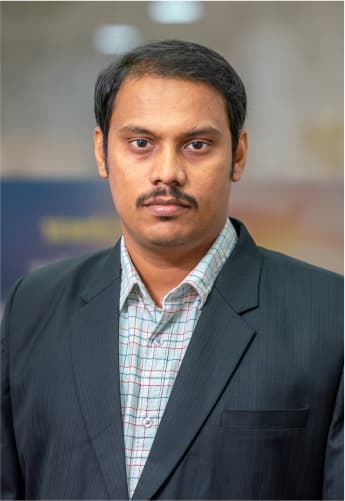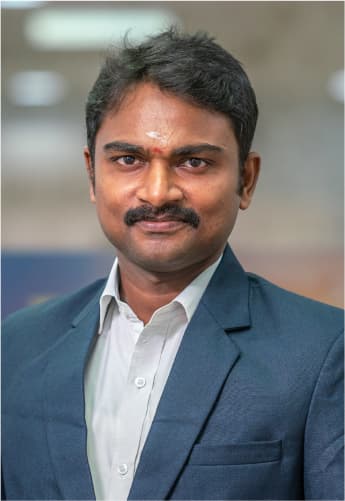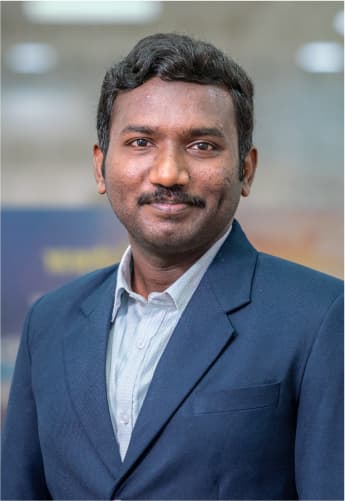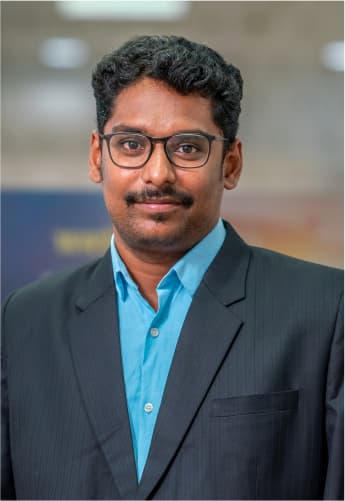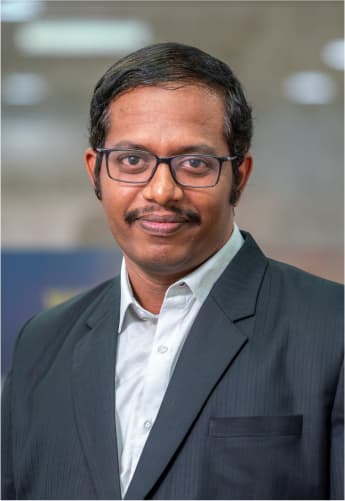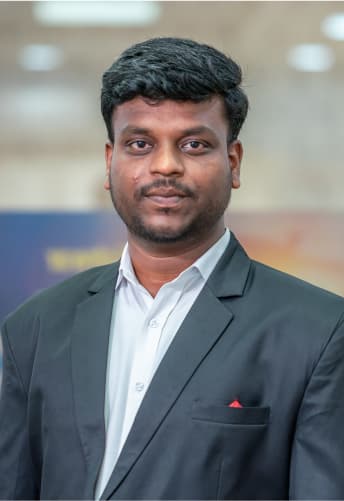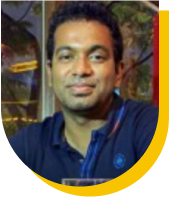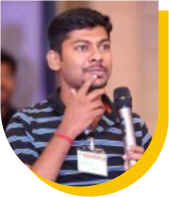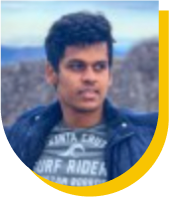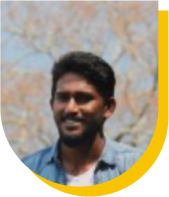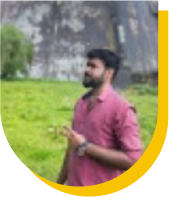MECHANICAL ENGINEERING
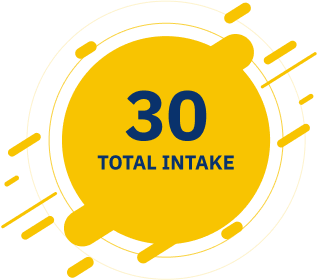
HIGHEST SALARY PACKAGE
RECRUITERS
PUBLICATIONS
PATENTS
PROGRAMME SCOPE
A mechanical engineering program offers scopes across various industries and sectors. Students who successfully completes the Mechanical engineering program can design and manufacture vehicles including electric vehicle, engines, various automotive systems, aircraft, spacecraft, missiles, solar systems, wind turbines, hydroelectric power systems, medical devices, prosthetics and biomedical equipment. Graduates can also design and develop robotic systems, automation systems and implement AI/ML techniques in this field. This program also paves the way to research and development activities across various industries, exploring new materials, technologies, and processes to drive innovation and improve performance and provides solid foundation for becoming consultant and entrepreneur
Eventually, the scope of a mechanical engineering program is vast and diverse, offering numerous opportunities for graduates to pursue rewarding careers in various industries and make meaningful contributions to society through innovation and problem-solving.
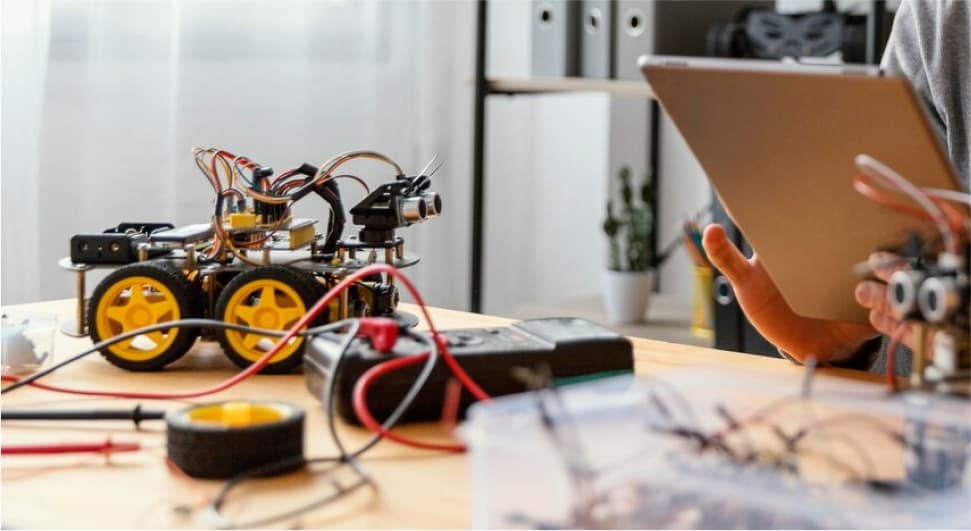
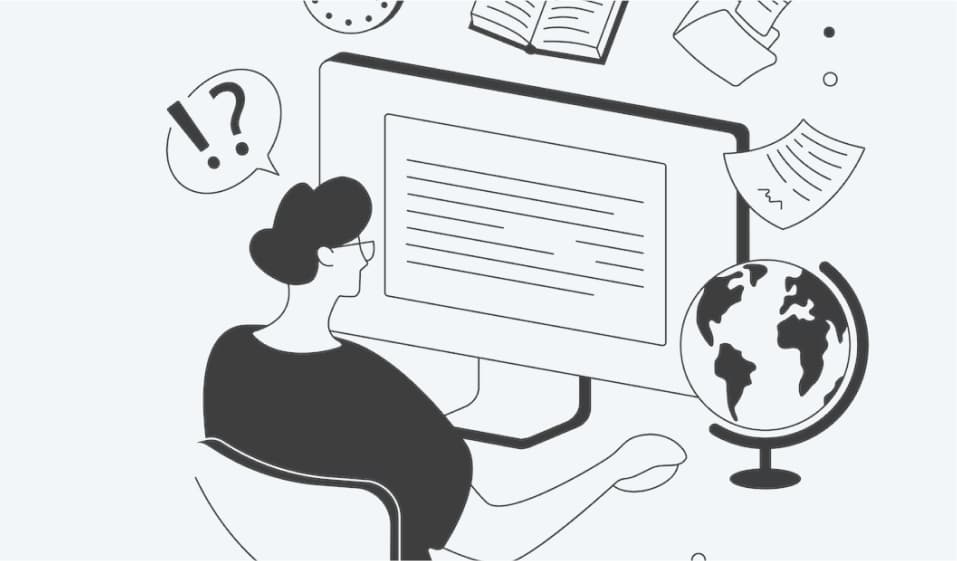
LEARNING SCOPE
Mechanical Engineering provides a solid foundation in engineering principles and prepares students for a dynamic and rewarding career in various industries. Students will learn fundamental principles of materials, mathematics, and mechanics that form the basis of mechanical engineering. This includes topics such as statics, dynamics, thermodynamics, fluid mechanics, manufacturing, and mechanical design. Students can design, analyse, and optimize mechanical systems and components by the use of Computer-Aided Design (CAD), Finite Element Analysis (FEA), and Computational Fluid Dynamics (CFD) knowledge. Other important scope of this program is additive manufacturing (3D printing), quality control, process optimization, robotic and industrial automation, control systems, mechatronics, renewable energy systems, HVAC (Heating, Ventilation, And Air Conditioning), green technologies, vehicle dynamics, propulsion systems, aerodynamics and Applications of Artificial Intelligence, Machine learning, Data science and Industrial IOT.
CAREER PROGRESSION
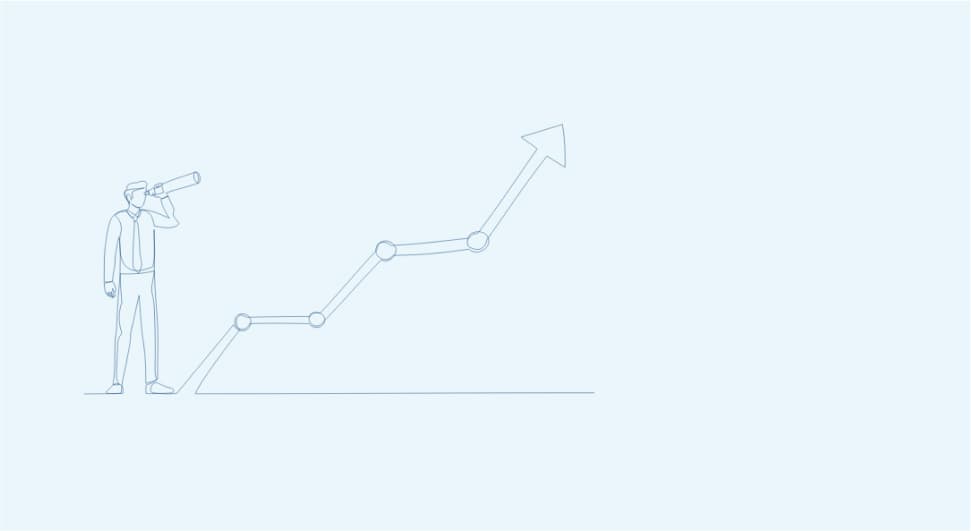
VISION
MISSION
Develop curriculum and delivery approach ensuing horizontal exposure and vertical expertise to the learners.
Provide opportunities for faculties to enrich their knowledge and skills.
Establish connections for local, national and global expertise for an active enhanced learning environment.
Execute societal outreach activity providing solutions to industries and society
Establish contemporary facilities for providing practical learning experience.
PROGRAMME DETAILS
- PEO1: Graduates will take up careers in Mechanical Engineering fields like Manufacturing, Design, Thermal and involve in carrying out mechanical engineering products.
- PEO2: Graduates will engage in a post graduate program in the field of Engineering Design leading to academic and research careers.
- PEO3: Graduates will take up entrepreneurship as a career.
- PO1: Engineering Knowledge: Apply knowledge of mathematics, natural science, computing, engineering fundamentals and an engineering specialization to develop the solution of complex engineering problems.
- PO2: Problem Analysis: Identify, formulate, review research literature and analyze complex engineering problems reaching substantiated conclusions with consideration for sustainable development.
- PO3: Design/Development of Solutions: Design creative solutions for complex engineering problems and design/develop systems/components/processes to meet identified needs with consideration for public health and safety, whole-life cost, net zero carbon, culture, society, and environment as required.
- PO4: Conduct Investigations of Complex Problems: Conduct investigations of complex engineering problems using research-based knowledge including design of experiments, modelling, analysis & interpretation of data to provide valid conclusions.
- PO5: Engineering Tool Usage: Create, select and apply appropriate techniques, resources and modern engineering & IT tools, including prediction and modelling recognizing their limitations to solve complex engineering problems.
- PO6: The Engineer and The World: Analyze and evaluate societal and environmental aspects while solving complex engineering problems for its impact on sustainability with reference to economy, health, safety, legal framework, culture, and environment.
- PO7: Ethics: Apply ethical principles and commit to professional ethics, human values, diversity and inclusion; adhere to national & international laws.
- PO8: Individual and Collaborative Teamwork: Function effectively as an individual, and as a member or leader in diverse/multi-disciplinary teams.
- PO9: Communication: Communicate effectively and inclusively within the engineering community and society at large, such as being able to comprehend and write effective reports and design documentation, make effective presentations considering cultural, language, and learning differences.
- PO10: Project Management and Finance: Apply knowledge and understanding of engineering management principles and economic decision-making and apply these to one’s own work, as a member and leader in a team, and to manage projects and in multidisciplinary environments.
- PO11: Life-Long Learning: Recognize the need for, and have the preparation and ability for i) independent and life-long learning ii) adaptability to new and emerging technologies and iii) critical thinking in the broadest context of technological change.
- PSO1: Apply contemporary approaches in the field of manufacturing and design.
- PSO2: Apply concepts and approaches for improving the productivity in a professional working environment.
Corporate ADVISORY BOARD
Mr.N.Lakshminarasimhan

Dr.SrinathGajapathy
Dr.Sathya Prasad

Mr.Sathish Kumar
ENHANCED LEARNING
LABS
- Manufacturing Laboratory
- Advanced Material Processing and Testing Laboratory
- Thermal Engineering Laboratory
- Fluid Mechanics and Machinery Laboratory
- Computer Aided Design & Engineering Laboratory
- Computer Aided Manufacturing Laboratory
- Industrial IoT and Robotics Laboratory
- Metrology and Measurements Laboratory
- Kinematics and Dynamics Laboratory
- Engineering Practices Laboratory
- Programming, AI and Data Analysis Laboratory
VALUE ADDED COURSES
- Prototyping using VERGE 3D and 3D Printing
- Industrial Internet of Things (IIoT) in Manufacturing
- Advancement in Robotics and Automation
- Data Analytics and Machine Learning for Mechanical Engineers
- Gen AI for Intelligent Manufacturing
- Mastering Digital Twin Technology
- NextGen Mobility
- Mastering supply chain management with ERP
INNOVATIVE TEACHING
- Reverse Engineering
- Teaching Graphics with Digital 3D Modeling
- Learning with Process Animation and Simulation
- Active learning with Think-pair-share
- Practice with Remote Experimentation using Virtual Labs
- Flipped classroom with case studies
- Visual and Model-Based Learning
- Video-based demonstration
Head of the department
FACULTY MEMBERS
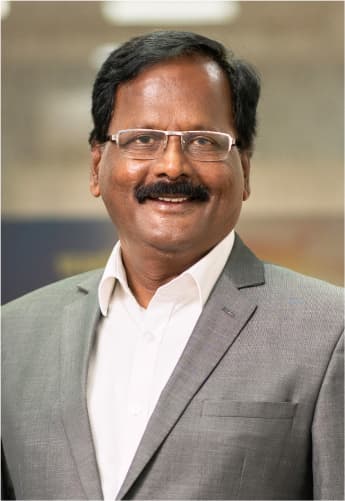
Dr.G.Karuppusami
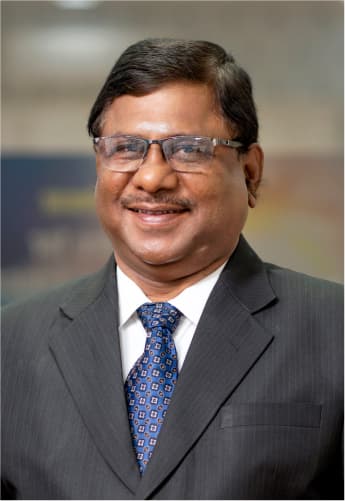
Dr.R.K.Suresh
Professor & Dean
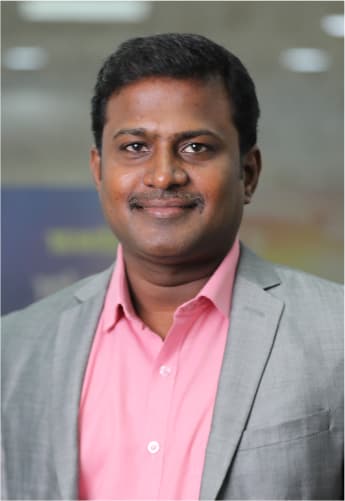
Dr.T.Ramakrishnan
Professor
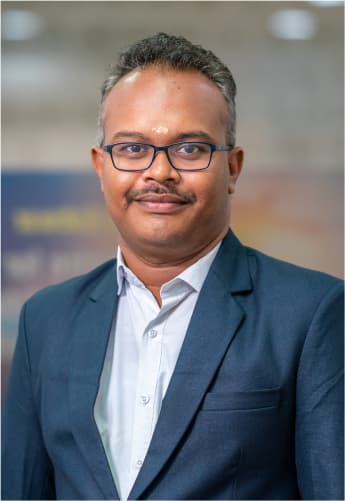
Dr.P.Ganeshan
Professor
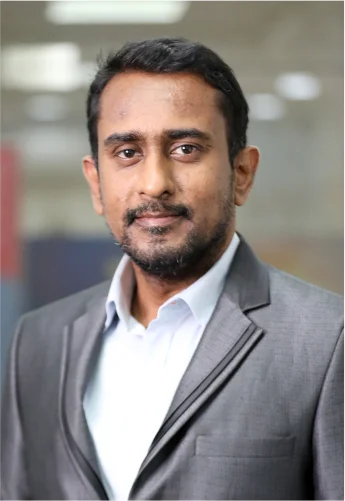
Dr.M.Karthikeyan
Associate Professor
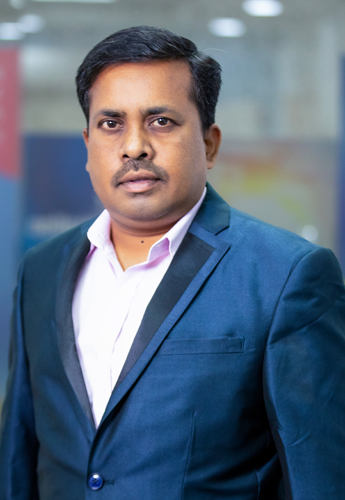
Dr.Y.Suresh Babu
Associate Professor
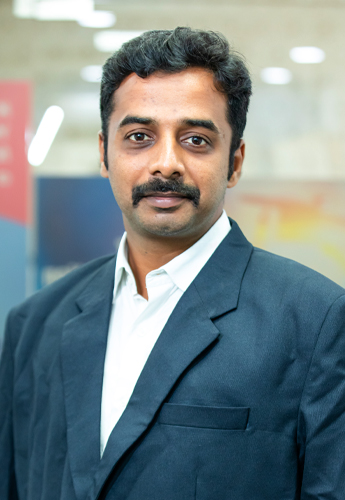
Mr.D.Pradeep Kumar
Assistant Professor
STUDENT ACHIEVEMENTS
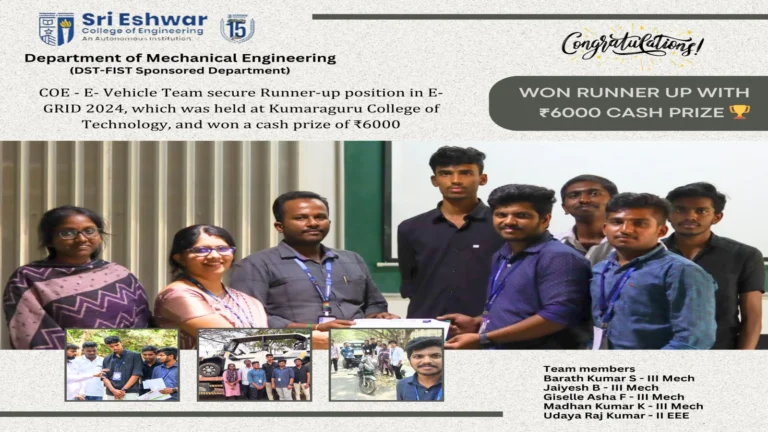
ACKS'US - Edition 3 a National Level Hackathon
S. Barath Kumar, B. Jaiyesh, F. Giselle Asha, K. Mathan Kumar, Udaya Raj Kumar
Runner up in E-Grid 2024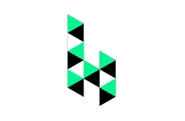
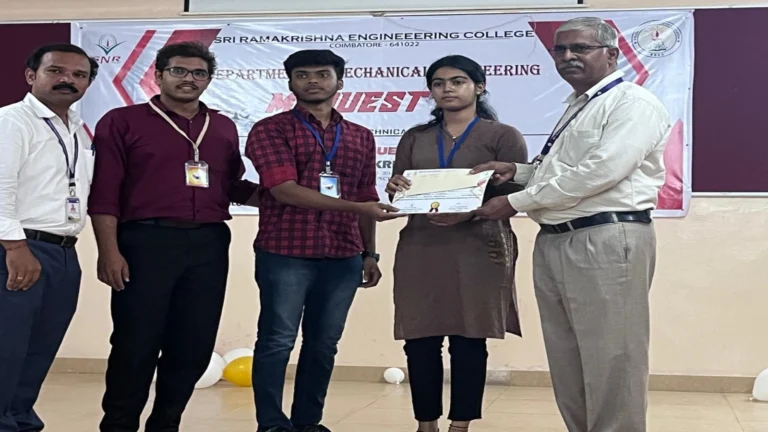
MEQUEST 2023-Project Pitch
R. Aswathi Krishna, K. Kabilan, S. Vigneshwar(III Year)
Won Frist Price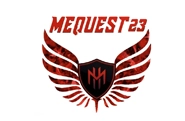
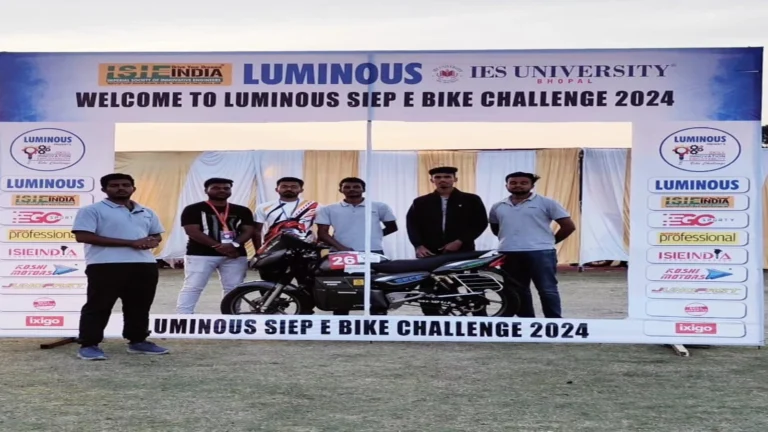
ACM-W Hackathon at PSG College of Technology
Jaiyesh B, Charles Ratnam S, Jeevanantham T
Secured 5th place in the E-Bike competition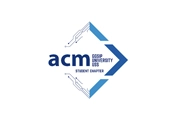
RESEARCH
Research work is a big part of every department at Sri Eshwar. Here’s the roundup of the research work – publications, patents, grants, seed funds, consultancy projects and the scholars/supervisors for the department
AU APPROVED
RESEARCH
supervisors
research
facilities
Publications
patents
research
grants &
seed funds
consultancy projects
INDUSTRY COLLABORATION
Each department has connections with relevant industry professionals, tie-ups through MOUs with companies in order to facilitate Internships, Industry visits, Projects, Knowledge Sharing Expert Sessions by industry experts. This greatly helps us bring in the industry-perspective into the courses being taught and a hands-on learning for the students.
mous
industry
visits
internships
coe
activities
projects
RECRUITERS





























ALUMNI TESTIMONIALS
MECH DEPARTMENT OFFICE
Dr.R.Suresh
Professor & Head, Mechanical
+914259200430
Email: hodmech@sece.ac.in
Ms.C.Pavithra
Dept. Office Secretary, Mechanical
+914259200431
Email: mech_support@sece.ac.in






